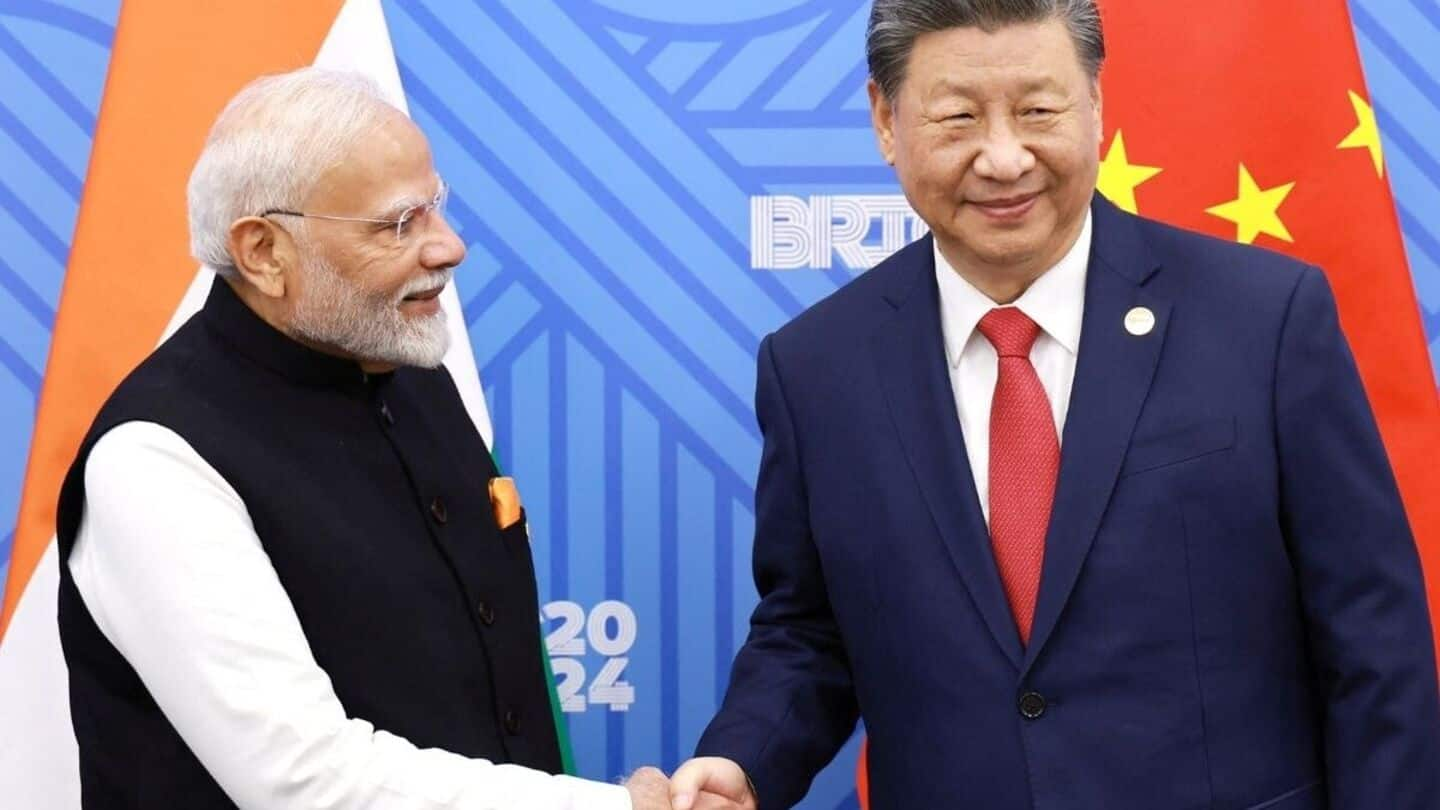
China welcomes Indian goods, seeks fair treatment for its companies
What's the story
In a major development, China is inviting India for deeper economic cooperation.
Chinese Ambassador to India, Xu Feihong, said China is ready to welcome more high-quality Indian products in its market.
He also urged Indian companies to tap China's huge consumer base. This comes as India's trade deficit with China stood at a whopping $99.2 billion.
In his first interview to Indian media since taking office, Feihong also stressed on fair treatment and non-discriminatory policies for Chinese businesses in India.
Trade dynamics
China doesn't actively pursue trade surplus
Feihong clarified that China does not intentionally aim for a trade surplus, saying such imbalances are a natural outcome of market dynamics.
He highlighted recent increases in Indian exports to China, including chili peppers (up by 17%), cotton yarn (240% increase), and iron ore (160% rise) in FY24.
"Valuing China's super-sized market will unlock greater commercial opportunities for Indian companies," he said.
Business environment
Xu urges India to provide fair treatment for Chinese firms
The ambassador urged India to create a level playing field for Chinese enterprises on its soil.
He stressed the need for fair, transparent, and non-discriminatory treatment to foster deeper cooperation between the two nations.
"Chinese citizens face significant difficulties obtaining Indian visas. Chinese enterprises encounter unfriendly and unfair treatment, and voices opposing Chinese investment are often heard in the media," Xu said.
He called on both sides to meet halfway and work together toward improving this situation.
Diplomatic relations
China is ready to welcome PM Modi at SCO summit
Feihong echoed Prime Minister Narendra Modi's call for dialogue over conflict, stressing that stable and cooperative ties require engagement and mutual understanding.
He invited PM Modi to the upcoming Shanghai Cooperation Organization (SCO) summit this year.
The ambassador also condemned unilateral protectionism in trade as harmful to global economic stability, calling on India and China—two leading voices of the Global South—to jointly oppose unilateralism and uphold multilateralism.